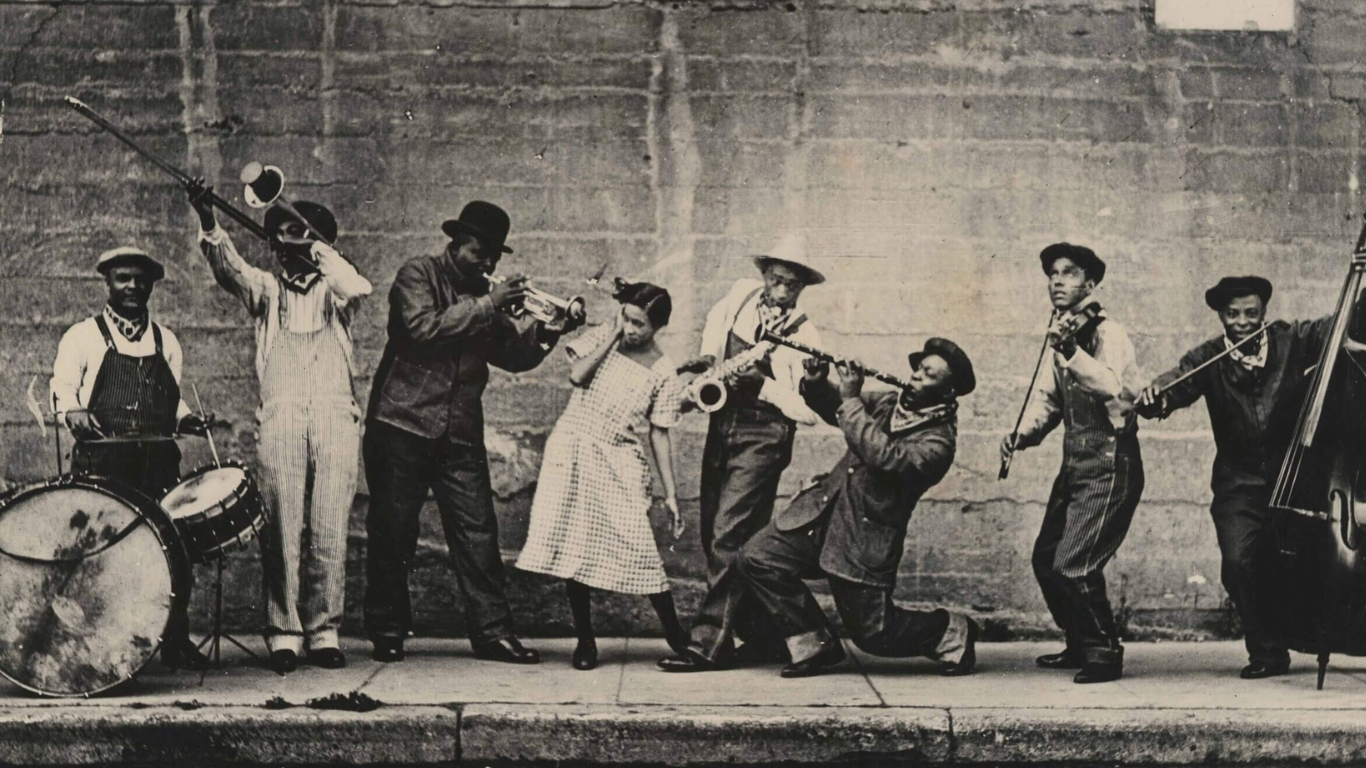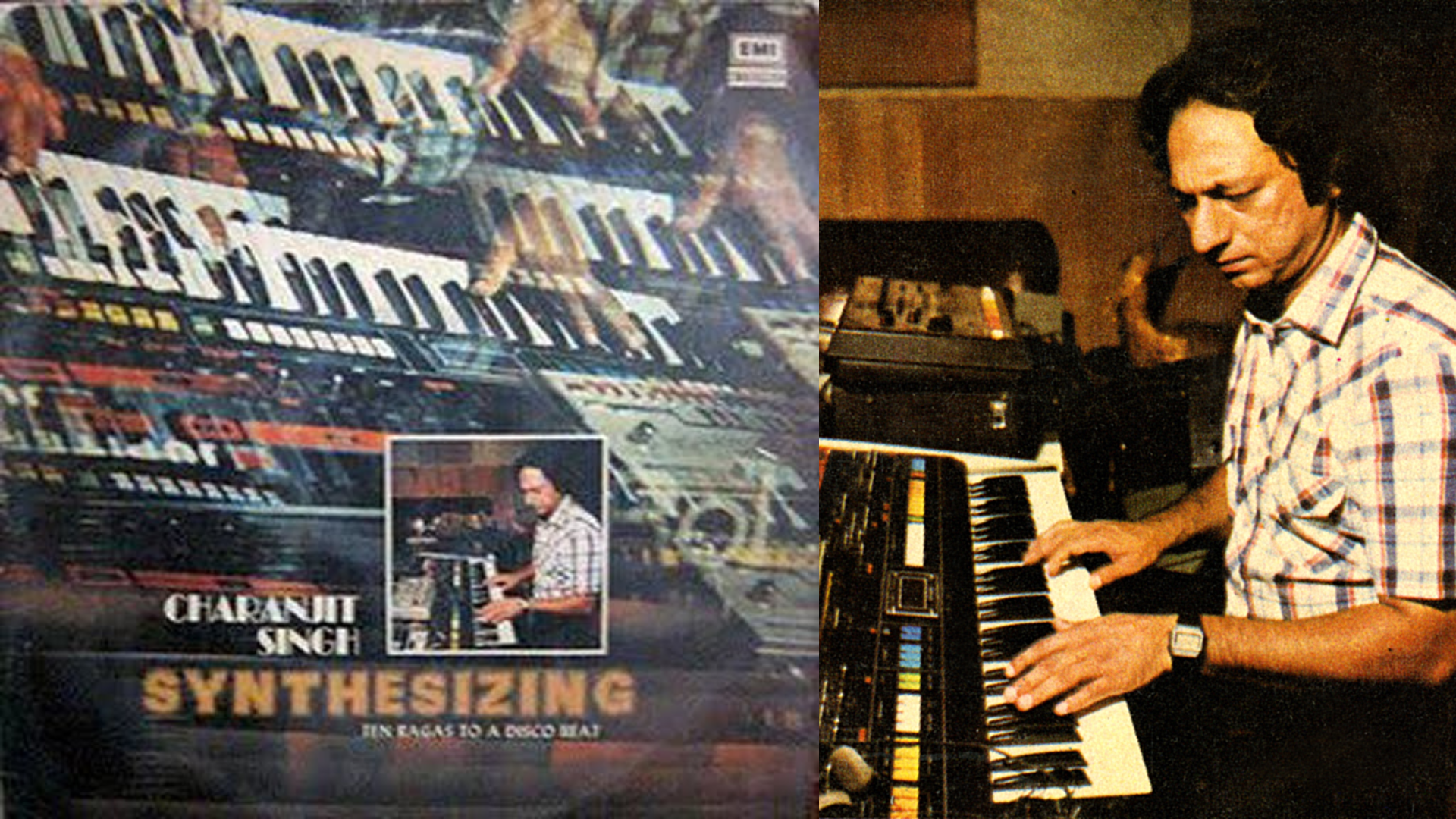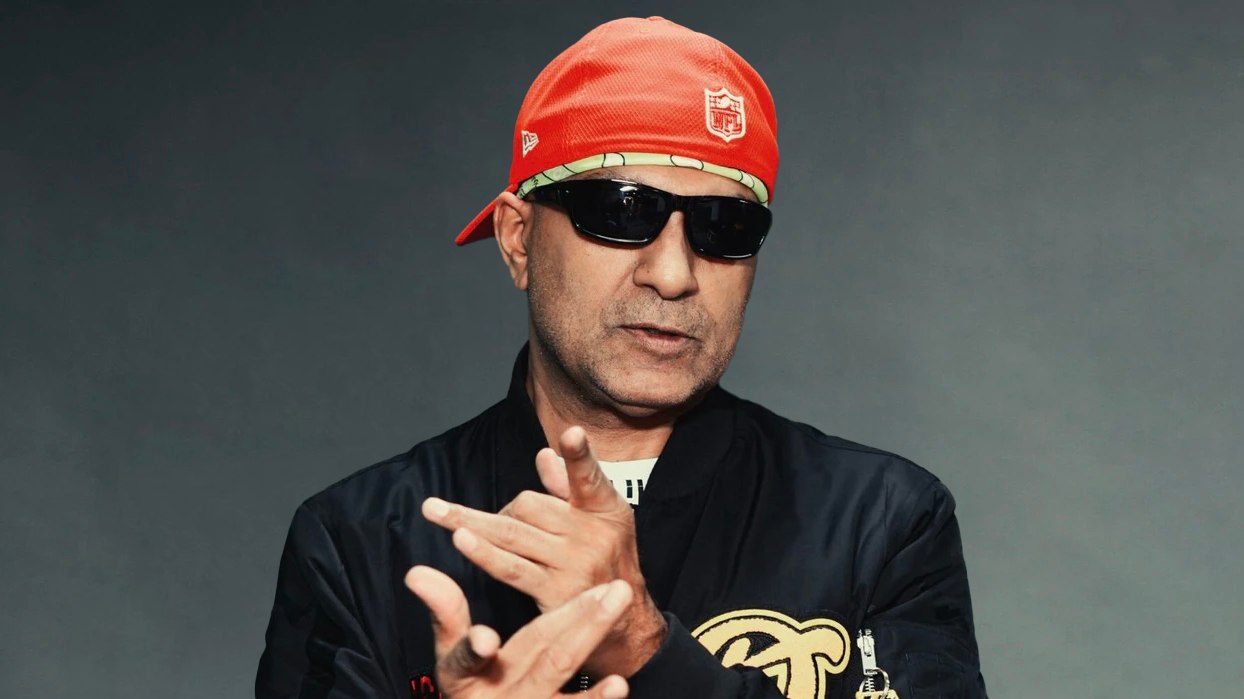How 'Reefer' Influenced 1920 Jazz Culture

In the early 1900s, New Orleans’ ‘Storyville,’ the red-light district, gained notoriety for its risqué establishments.
Jazz found its roots in these brothels, where cannabis became intertwined with the music scene.
Despite being under the radar, many jazz artists incorporated cannabis into their daily lives, turning jazz clubs into spaces for lively music, provocative dancing, and marijuana use.
While these venues offered a vibrant atmosphere, U.S. officials disapproved.
Jazz symbolized Black empowerment, causing concern among government figures. In contrast to alcohol, which dulled, cannabis helped musicians to improvise better and also get over exhaustion during late-night performances.
By 1923, states progressively criminalized cannabis, and by the 1930s, Harry J. Anslinger initiated a racially charged campaign against marijuana.
However, many famous jazz musicians of the classic era, including Louis Armstrong, embraced “reefer” or pot - as they would call it.
Songs like “Muggles” and “That Funny Reefer Man” marked this era, but Anslinger sought to demonize Black musicians.
He portrayed jazz as satanic music and ‘saved’ white women from being seduced by them.
Louis Armstrong, a famous ‘viper’ (slang for a pot smoker) was arrested in 1930 for joint-smoking in Los Angeles with his drummer. They spent nine days in a downtown LA jail and received a six-month suspended sentence.
“We always looked at pot as a sort of medicine, a cheap drunk and with much better thoughts than one that’s full of liquor.” — Louis Armstrong
Legend has it that then-Vice President Richard Nixon unintentionally brought cannabis into the U.S. for Armstrong, claiming he didn’t need to go through customs.
When Armstrong didn’t bring in his weed from tours, he often scored his pot from
Mezz Mezzrow. Mezz was a major weed supplier in the Jazz scene, and people started using his name as slang for pot.
A clarinet player himself, Mezz considered himself a ‘voluntary Negro’, and believed that he had crossed the divide between Black and white Americans.
He went as far as requesting confinement in the Black cell block in segregated prison systems.
Click Here To Read More:
The Bad Collab Between MJ And Scorsese
How 'Soul Train' Reshaped The Narrative Of Black America On TV






Comments